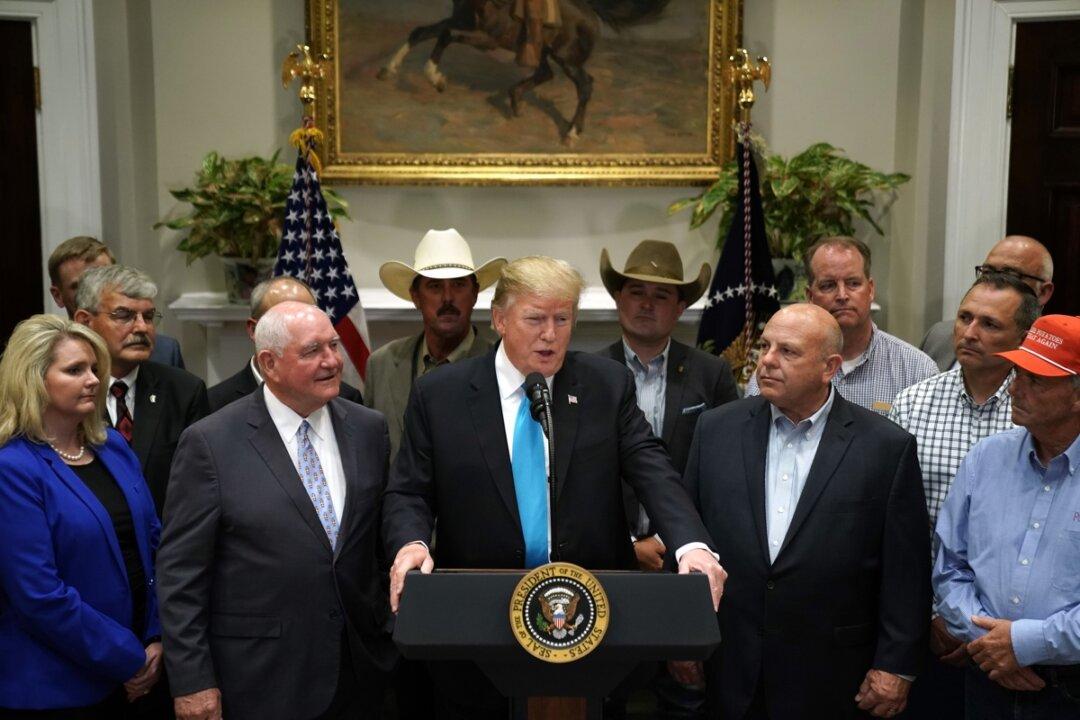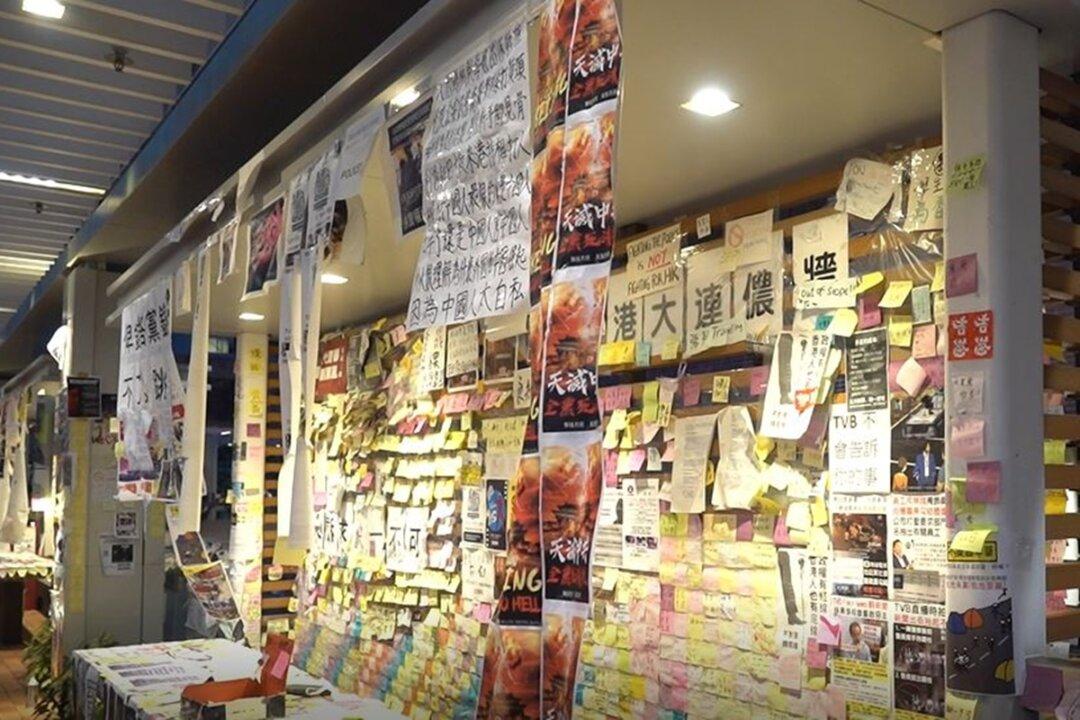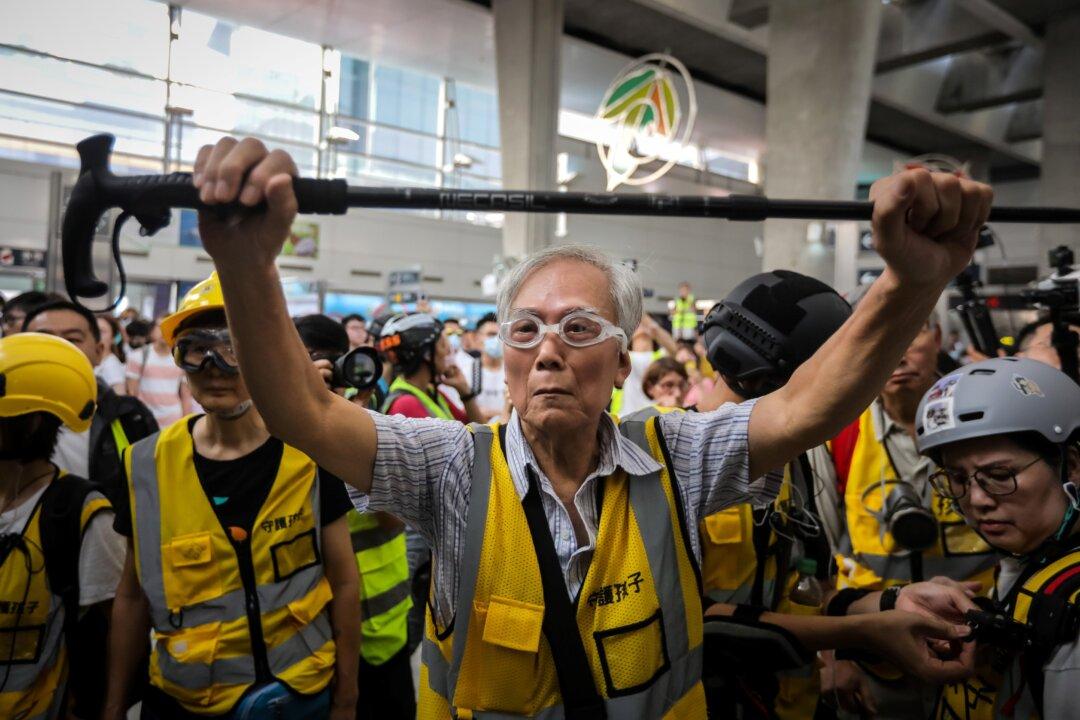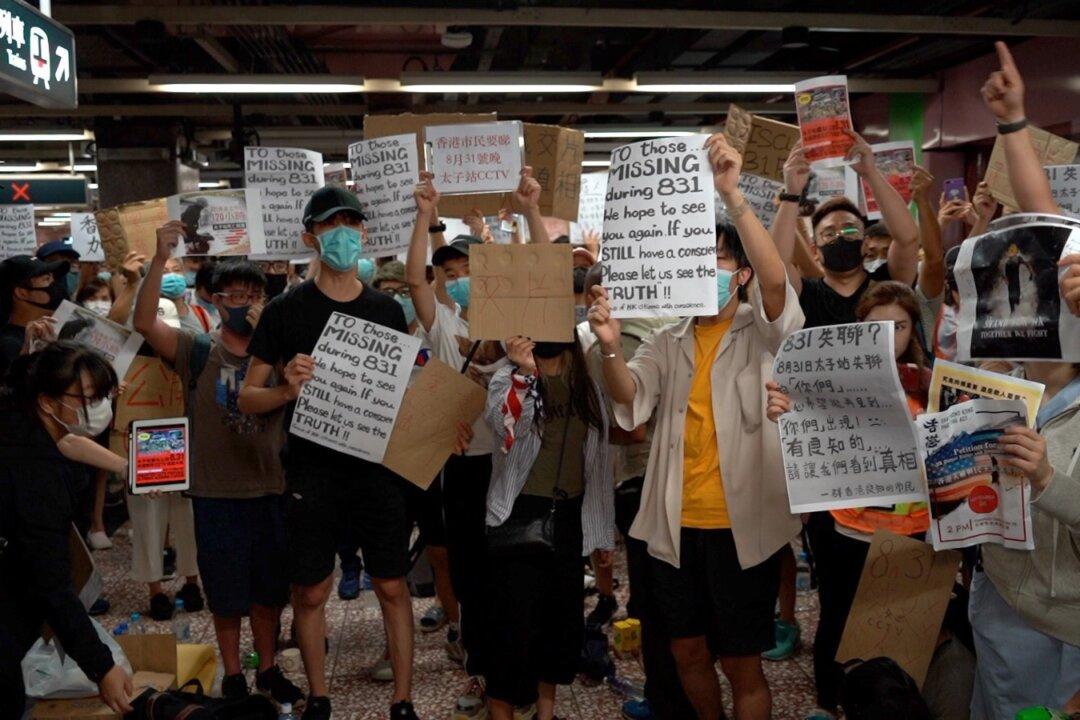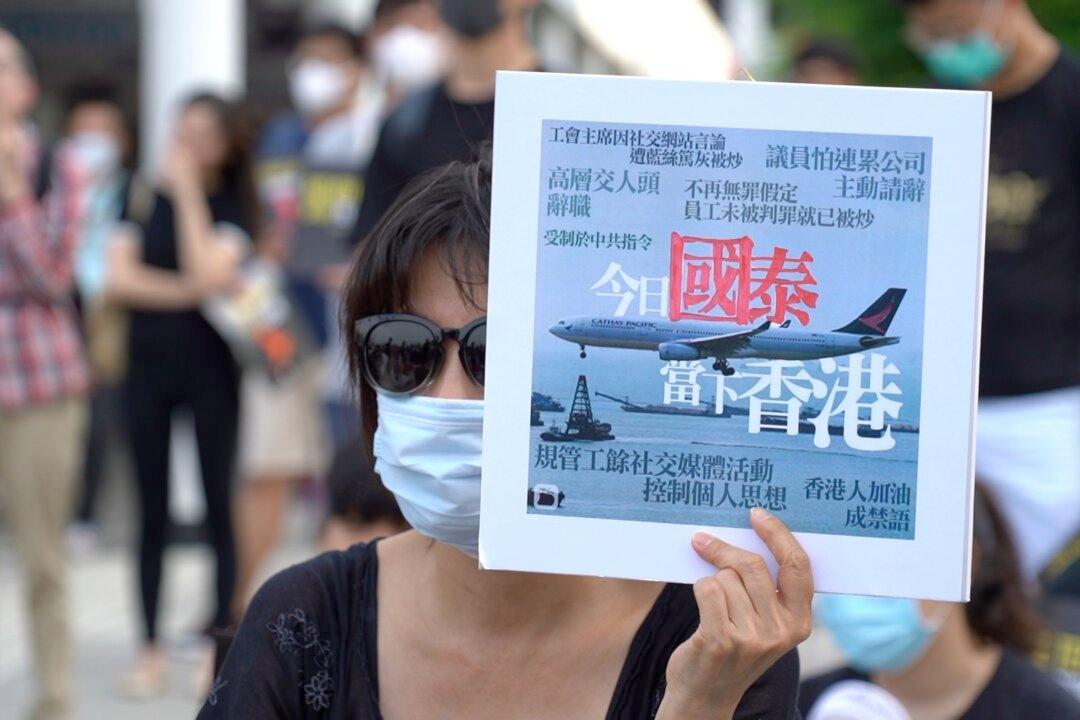U.S. farmers are feeling the pressure of the ongoing trade war with China, and while frustration builds, most farmers are sticking by the president in the fight for a fair agreement.
John Dunham is an economic consultant specializing in taxes and regulations and president of John Dunham & Associates. He said while tariffs are common, what’s unique about tariffs on China is how they are being used to negotiate rather than just collecting revenue.
